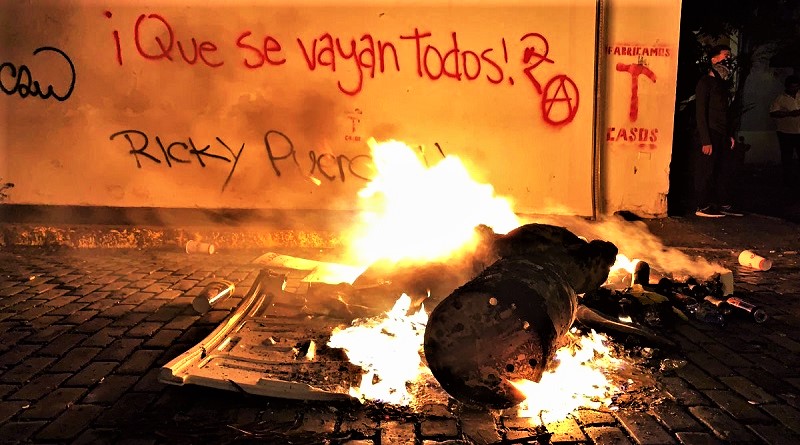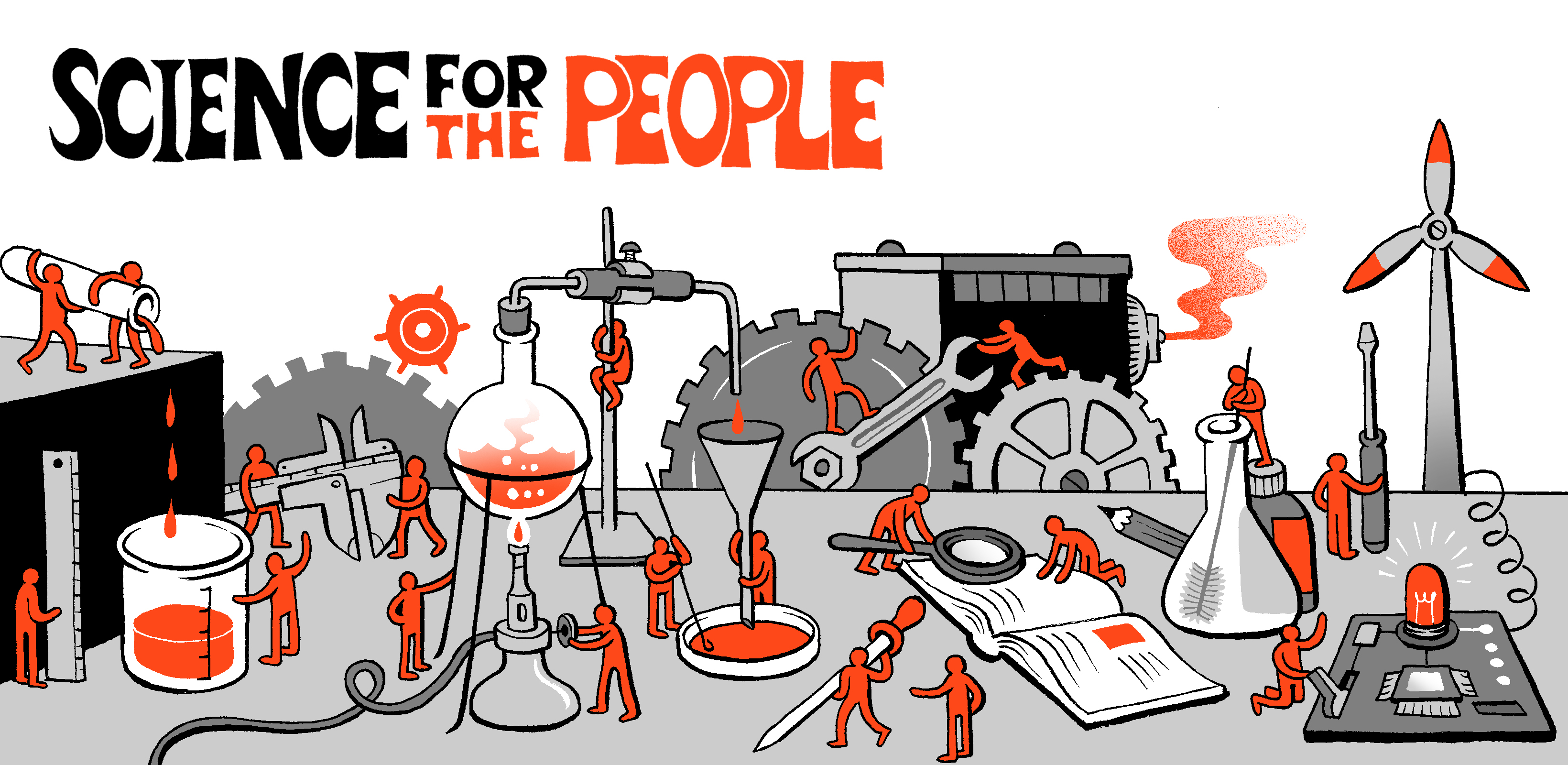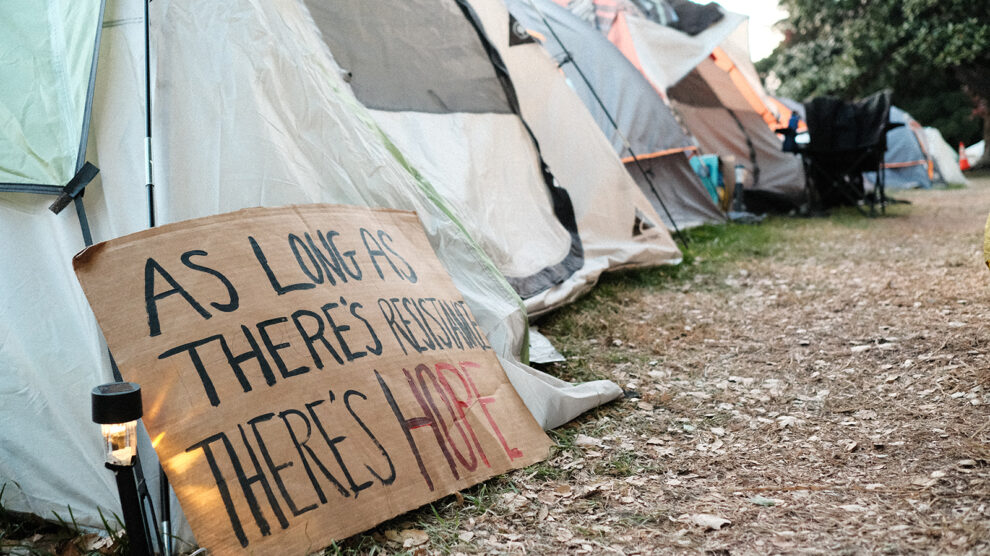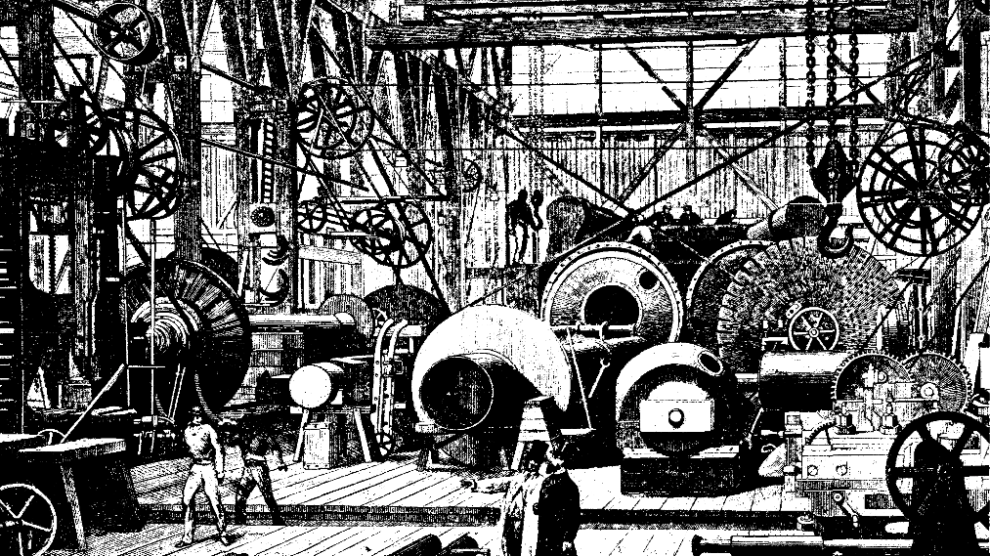“You Don’t Fuck with Our Dead” – The Uprising in Puerto Rico
Excerpts from a Science for the People blog interview
By Bernat Tort, JuanCarlos “Juanqui” Rivera Ramos, and Science for Puerto Rico
On July 25, 2019, Science for the People’s Puerto Rico Working Group (Science for Puerto Rico) sat down with Bernat Tort and JuanCarlos “Juanqui” Rivera Ramos, members of the coalition JunteGente, to talk about the popular uprising in Puerto Rico, its significance, next steps, and what we can do from outside Puerto Rico to support this historic moment and its escalating demands. What follows is a small snippet of the important discussion that took place. Please see Part 1 and Part 2 for the full-length interviews at scienceforthepeople.org.
. . . . .
Science for the People: Congratulations on Rick Rosselló’s resignation. What was it like to receive that news, shortly before midnight? What did the streets look and feel like last night in Viejo San Juan?
Juanqui: It was just before midnight that the Governor decided to resign. … It was like a permanent echo of yelling, chanting, screaming. The city was alive. People were throwing fireworks and, curiously, this coincided with a perreo combativo. … July 25 is already an important day for us because of the US Invasion and the foundation of the Estado Liberal Asociado beginning in 1952. [This date] marks the anniversary of the police assassination in 1978 of two young independentista militants in Cerro Maravilla, in the mountains of Puerto Rico. …
SftP: What are the different elements motivating people from different backgrounds to protest? What brought people out of their homes and into the streets for 14 days?
Juanqui: … The leaked chats synthesized a great deal of the structural violence that Puerto Ricans have experienced at least … since 2006. … We can go back to 1898 or before … But since 2006 we have experienced an economic depression in Puerto Rico which deepened with the 2008 economic crash…. Since then, we have had a demographic hemorrhage. Hundreds of thousands have left the island archipelago. Next year we’re going to begin the Population Census … I wouldn’t be surprised if we have less than 3 million people at this point. Last decade we were 3.8 million. So we have the economic crisis, followed by the fiscal crisis, followed by the PROMESA Law which forced us to have a Junta.
… [This Junta] basically pushes an IMF structural adjustment agenda on Puerto Rico. On top of that, you have two hurricanes: Maria and the incredible corruption in the two parties that have ruled Puerto Rico for the past 70 years. These are all variables that motivated people onto the streets.
And then you have the youth and their motivations. …These are folks that were born and grew up in a place where they see no future for themselves and where their parents have had to work 2-3 jobs for them to have education, food on the table, and a roof. Some of them don’t even have a roof- some have blue tarps because they lost their home to the Hurricane or they are sharing homes with their relatives.…
Bernat: … So what was the breaking point? In what sense were the chats the straw that broke the camel’s back? … [One] chat message said “I see the future for Puerto Rico. It’s beautiful- it has no Puerto Ricans”.… [The chat] offended everyone. There was misogyny, violence against women, violence against obesity, homophobia, disdain for the dead. That went right into the heart of Puerto Ricans. You don’t fuck with our dead. People who had to bury their own dead during Maria, some had been silent because they said ‘well, the whole country was under strain, it was a disaster’. But they carried that hurt. When the chats were published they said, “Ok, this is too much”.
SftP: There has been no shortage of outrageous moments in Puerto Rico even just in the past few months. What factors led to sustained protesting and what can be learned from them?
Bernat: … Of course, we shouldn’t underestimate the effect of sustained protests for years. For example, one of the demands being called for by some organizations is amnesty for all the protestors since the PROMESA protests began. …
The Colectiva Feminista had a plantón …[that] said, “we’re gonna sit here in front of Fortaleza [the Governor’s Mansion] and we’re not going to move until you declare a state of emergency for gender-based violence”. Even though it didn’t work in terms of beginning a dialogue with the government, it did get coverage in the news and people all over started speaking about feminicide. There was a very horrible case of a teenager who lit his ex-girlfriend on fire. He poured gasoline on her and well, suddenly this time it became a national topic. The same thing happened with the pensions and with the dead bodies movement. These movements have been doing very important and untiring work and now their demands are part of peoples’ vocabulary. You cannot underestimate that bricklaying work….
SftP: What are the most significant elements in the nearly 900 pages of leaked documents?
Juanqui: … One that topped the glass was the mockery of the dead that said “don’t we have some cadavers we can toss to our vultures?” When they fuck with our dead, people really feel it. On the streets we try to ask people “Why brought you out here?” and many would say they have dead family and they’re making fun of our dead….
Bernat: … [That meem] says “our 4645 deads can rest in peace”. As if to say, “ok we did it. Now you can rest in peace because we kicked this bastard out.” … one of the most beautiful protests after Maria, involved people asking others to bring shoes of the dead ones to the Capitol buildings, in order to get 4645 shoe pairs. They wanted to collect their stories of the dead so they started doing interviews. … It was the most beautiful symbolic political protests after Maria. …
SftP: By all estimates, Puerto Rico will continue to experience increasingly polarized climate patterns. What role has climate change occupied in the uprising’s political discussions?
Juanqui: … In the Caribbean, hurricanes, floods, and droughts are going to be stronger and we are going to continue living with them. The issue of climate debt has to be brought to the struggle. Yes, that implies the relationship with the US but how can we begin to weigh in on different struggles in the US? How can we radicalize the idea of the Green New Deal, including what it means for Puerto Rico? …
Bernat: … On the one hand, even if Puerto Rico went 100 percent green tomorrow, it would have no effect on tomorrow’s global greenhouse gas emissions. We wouldn’t be able to contribute to the conversation in that sense. We don’t sit at the table in any of the G8 meetings, of course, and we don’t have the international power to strike deals for green energy, etc.
On the other hand, we are suffering the effects of the consumption of the First World, the industrial corporations, and the military complex. So we should turn our gears towards demands for a Just Transition. We need to train workers for new sectors and stop pushing for tourism given our coast will be increasingly flooded– and because in the near future, it’s just not a sustainable industry anyhow for Puerto Rico. It’s a hard conversation to have.
SftP: We agree that if the US is going to pass a Green New Deal, Left forces must seriously consider its international dimensions. What would you say are some of the demands coming from Puerto Rico for a Green New Deal?
Bernat: Our political logic is that we gather the people who actually do the agroecological and environmental work and ask them- have a convening- to collectively set the agenda.
Juanqui: … We need support around Just Transition, climate debt, the debt crisis. … The colonial process and the transformation of Puerto Rico has been imposed by a US-focused development. So naturally, our ecological issues are directly related to that. In the past we’ve had the sudden transformation of a diverse archipelago to a sugar monoculture with ecological devastation. Add to that the imposition of the US suburbanization and urbanization models. … Puerto Rico has one of the largest concentrations of roads and motor vehicles, and the urban sprawl is just insane. These are all US models. Fordism transformed our landscape. I mention all this because, yes, there is an ecological and climate debt that we have to talk about regarding the US. …
SftP: Do you have any advice to US-based organizations like Science for the People who stand in solidarity with the Puerto Rican protests and struggle on how to best support the efforts following Ricky’s resignation?
Juanqui: It’s important to recognize the victory. We have to understand that this is not a revolution in the sense of a radical transformation of the system, but it is a revolution in the sense of the people changing at least their ways of recognizing their power. … For me, the topic of solidarity is crucial and beautiful.
Bernat: … This is internationalism at work.… These are not just separate accidental international struggles. This is a global fight against neoliberalism, against capitalism, and against a process that denies climate change and denies that we need to mobilize now to transform in order to save the habitability of our planet.
Juanqui: … This is sovereignty in practice. This is decolonization in practice because, at the end of the day, colonialism is also about not identifying yourself as a human being capable of transforming the world, right? So if you’re a colonial subject you think you cannot change the world, etc. But here we as a people we toppled a fucking government. So hey, we can do this. This is self-determination.






